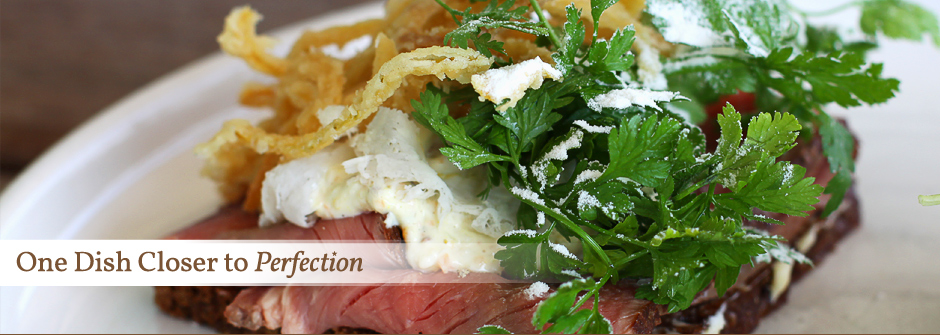Boiling eggs
 Friday, August 13, 2010 at 8:59PM
Friday, August 13, 2010 at 8:59PM This may seem like a simple task, but there are a number of variables to consider. Clearly, the most important thing is the timing, but this is impacted on by several other factors.
In order for the timing to have any meaning, the eggs should always be boiled from room temperature. In addition, this means they are less likely to crack on entering the water.
Putting a pin prick through the egg shell at one end also helps to stop it from cracking by releasing pressure build up. I also find that doing this, or rather not doing it has implications on the timing. When I was a kid I was taught to do this, but in recent years I got lazy about it. I found that soft boiling an egg could take anywhere between 4 and 7 minutes. About a year ago I decided to try the technique out again for boiled eggs and soldiers, left the egg in for 6 minutes and it came out almost hard-boiled. It was then I realised that the pin prick must also have an effect on the rate at which the egg cooks. Now that I have started pricking them again, the timing process has become much more reliable.
Assuming the above rules have been followed, I recommend 4 minutes for a runny egg with soft (but not raw) whites, 5 mins for firm whites and a reasonably soft yolk, 6 mins for almost hard-boiled, i.e. with a yolk that is almost cooked through but slightly soft in the centre (this is ideal for salads), and 7 mins for hard-boiled.
Delia Smith also has a couple of helpful tips:
- The water should be a gentle simmer rather than boiling
- The pan should not be too big, otherwise the eggs are more likely to bob around and bump into each other or the sides
- If the eggs are fresh they need an extra 30 seconds on the preferred timing

Reader Comments (1)
Pricking eggs also centralises the yolk so that it is at the widest part of the egg and will cook last.
Three things I believe aids the peeling of hard boiled eggs a) salted water b) using eggs that are less fresh c) plunging them in cold water at the end of the cooking makes the skin stick to the shell rather than the egg white.
The tell tale sign of an over boiled egg is the grey halo around the yolk , the more overcooked the darker it becomes. But then maybe that's how you likes them !